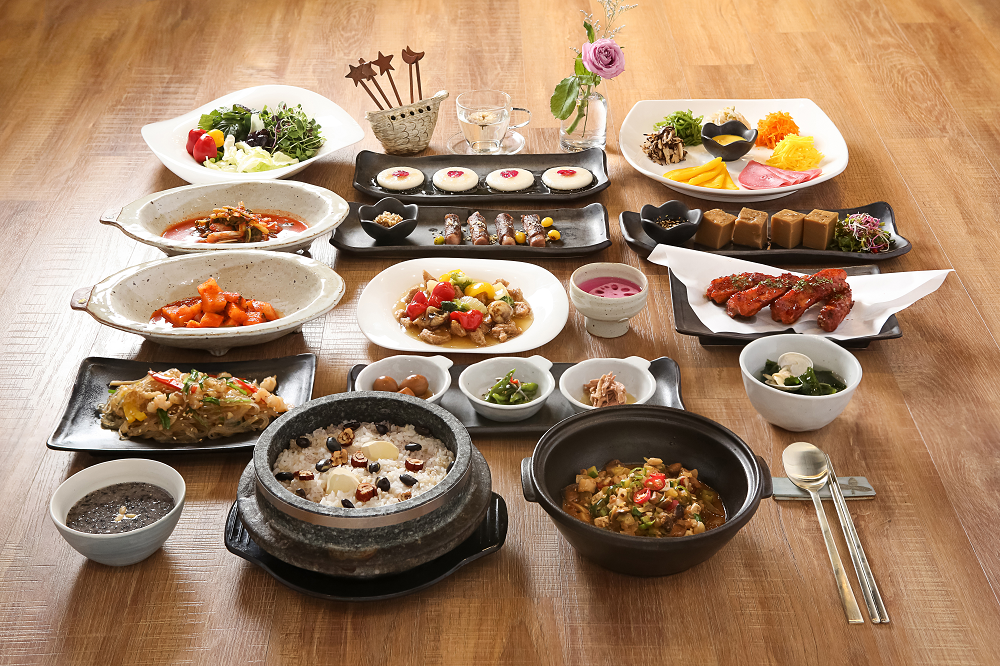
Korean cuisine is more than just a collection of dishes; it's a reflection of the country's unique cultural values. At the heart of Korean food lies the concept of "jeong," which can be loosely translated as "warmheartedness" or "affection." This spirit of generosity and consideration is deeply ingrained in the way Koreans prepare and share their meals.
One of the most striking examples of this philosophy is the traditional Korean meal, known as "hansang." Unlike Western meals where each person typically receives their own plate, a Korean meal is served with a variety of dishes placed in the center of the table for everyone to share. This communal style of eating encourages interaction and fosters a sense of togetherness.
In the past, Korean families often had elders living in the same household. The eldest member of the family was always given the utmost respect, and this was reflected in the way meals were prepared and served. Even in busy times, mothers would always prepare fresh meals three times a day. It was also customary to inquire about the elders' well-being before anyone else started eating.
The importance of respecting elders is also evident in the way Koreans used to greet each other in the morning. Instead of saying "Good morning," they would ask, "Have you had your meal?" This question was not merely about food; it was a way of showing concern for the other person's well-being.
The Korean agricultural society has a long history, but it was not always abundant. Even in the 20th century, there were times when people struggled to find enough to eat. In this context, preparing a meal was not just a matter of putting food on the table; it was an act of love and care.
The spirit of sharing and respect is also reflected in the way Koreans eat their food. Unlike Westerners who typically use a fork and knife to eat their own individual dish, Koreans use chopsticks to share dishes from the center of the table. This allows everyone to try a variety of foods and encourages interaction and conversation.
This culture of sharing and respect is so ingrained in Korean society that it even extends to how menus are presented in restaurants. While Western restaurants typically give each person their own menu, Korean restaurants often provide only one menu for the entire table to share. This encourages everyone to discuss and decide on what to order together.
In conclusion, Korean cuisine is not just about the food itself; it's about the culture of sharing, respect, and warmheartedness that surrounds it. This unique philosophy is what makes Korean food so special and beloved around the world.
[Copyright (c) Global Economic Times. All Rights Reserved.]



























